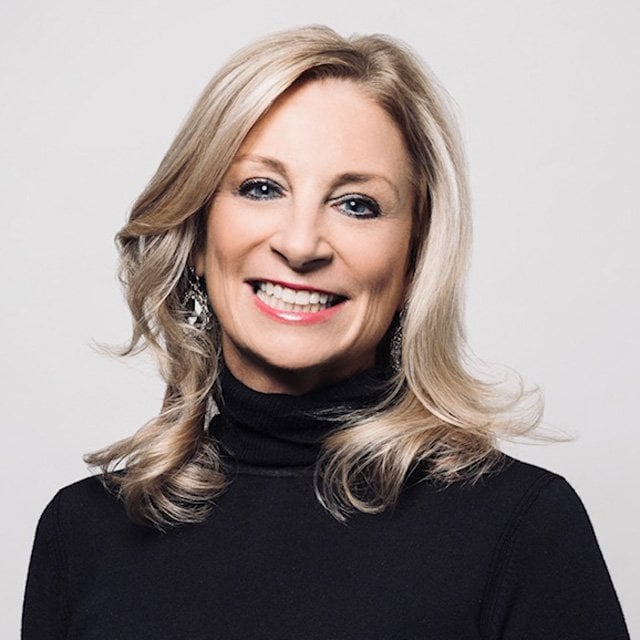CFP Diversity Ticks Up in 2022

What You Need to Know
The share of CFPs who are women inched up to 23.6% in 2022 from 23.4% in 2021.
Racially and ethnically diverse CFPs also made gains.
More progress is needed, several people in the industry said.
The number of female certified financial planners increased to an all-time high of 22,446 in 2022 — a 4.4% gain from 21,504 in 2021 — accounting for 23.6% of all CFPs, inching up from 23.4%, according to the Certified Financial Planner Board of Standards.
In 2022, 1,519 women became CFPs, up from 1,374 in 2021, the board said, noting almost 30% of new CFPs in 2022 were women.
Meanwhile, the number of Hispanic CFP professionals grew by 10.3% to 2,710 from 2,499 in 2021, accounting for 2.9% of all CFPs (up from 2.7% in 2021), CFP Board said.
The number of Black CFPs grew by 8.8% to 1,766 in 2022 from 1,652 in 2021, accounting for 1.9% of all CFPs, up from 1.8%.
The number of racially and ethnically diverse professionals increased to 8,715 in 2022, up 8.5% over 2021, representing 2.5 times the overall growth rate of all CFP professionals.
The total number of CFPs reached a record high of 95,137 in 2022, an increase of 3.4% from 2021.
Although the number of CFPs hit all-time highs for each demographic, more work is needed to improve diversity in the industry, several people said.
According to the CFP Board’s WIN program, launched in 2013, the share of planners who are women has remained around 23% for the last several years. A white paper released after the launch of the program said the growth of women in the business “will be a marathon not a sprint.”
Progress but More Work to Be Done
Diversity is “moving in the right direction,” Suzanne Siracuse, CEO of Suzanne Siracuse Consulting Services, told ThinkAdvisor in a phone interview on Thursday, after the CFP Board data were released. “Unfortunately, these are still below where I think the majority of the industry would like to see these numbers be.”
Agreeing, Liv Gagnon, who co-founded diversity firm Choir with Sonya Dreizler, told ThinkAdvisor: “Overall, the increase we’re seeing in CFP professionals from ethnically and racially diverse backgrounds is encouraging for our entire industry.”
But Gagnon explained: “One of the main challenges is that we’ve historically framed the conversation of attracting more women, people of color, or LGBTQ+ people to our profession as ‘we built it, why won’t they come?’ When, in fact, what we should do is take accountability for the systemic barriers we’ve placed, and ask instead, ‘what needs to change in order for our profession to be safe and equitable for groups who are drastically underrepresented?”
Melissa Brennan, a financial planner at ARS Private Wealth in Houston, Texas, was “pleased to see the latest statistics,” she told ThinkAdvisor. “For 30% of new CFP practitioners to be women, and 15% be diverse, is a huge improvement!”
But Brennan added: “Of course, we still have a long way to go for equity in the profession, but these statistics show progress is being made.”




